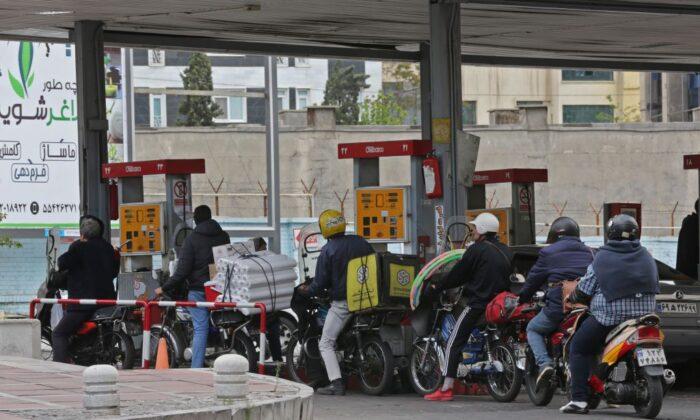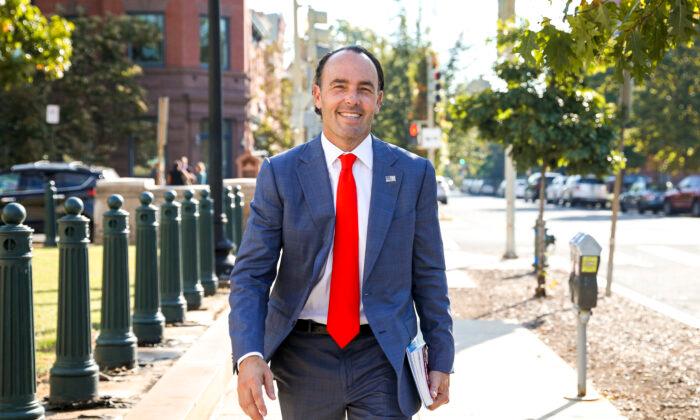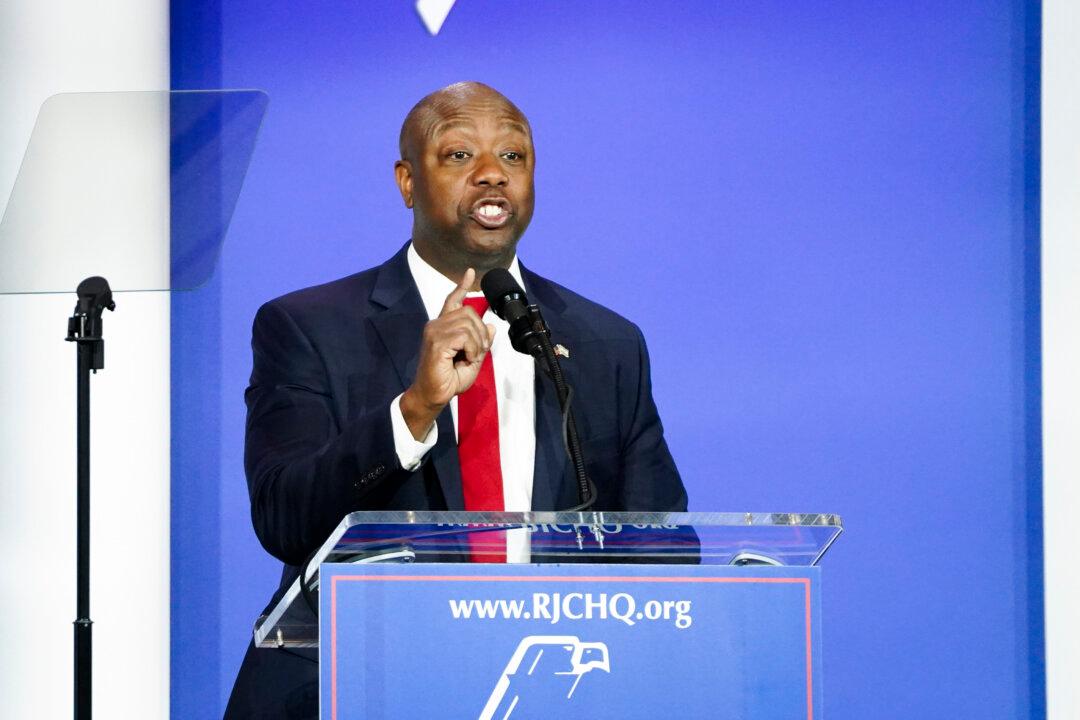A New Yorker and three Texans have been indicted on multiple charges in connection with an alleged attempt to sell sanctioned Iranian petroleum to a Chinese oil refining company.
Nicolas Hovan, 34, of New York; Wang Zhenyu, 39, and Robert Thwaites, 30, both from Dallas; and Daniel Ray Lane, 39, of McKinney, Texas, were indicted on charges of conspiracy, violating the International Emergency Economic Powers Act (IEEPA), and money laundering,
according to an Aug. 26 statement from the Department of Justice (DOJ).
The criminal case provides a glimpse into how Iran can continue to skirt U.S. sanctions and sell oil to countries such as China.
According to court documents, the four defendants conspired in Philadelphia and other places to arrange for the purchase of Iranian oil and sell it to a refinery in China, from May 2019 to February.
The refinery was represented by Wang, a Chinese national also known by the name of Billy Wang, according to court documents.
Meanwhile, Lane offered to launder the transactions through his company, Stack Royalties, officials said. The company is based in Dallas and sells oil and gas mineral rights to investment funds, private equity groups, oil companies, and individual investors,
according to Stack’s website. Lane is the company’s president.
The four allegedly also conspired to launder earnings from the oil sale through shell entities and offshore financial accounts in order to disguise the nature of the sanctions, according to court documents. They sought to bribe an unnamed Chinese official and obtain Antiguan passports to open Swiss bank accounts to launder their proceeds.
The defendants planned to make two shipments of oil per month, with an expected monthly profit of about $28 million, according to court documents.
The defendants were
arrested in February, according to the DOJ. A fifth individual who was arrested for his involvement in the scheme, Nicholas James Fuchs, 26, of Dallas, hasn’t yet been formally indicted.
“The defendants here allegedly jeopardized the safety and security of the United States by scheming to get in bed with Iran and China,” said U.S. Attorney for the Eastern District of Pennsylvania William M. McSwain in the DOJ statement.
Each defendant faces a possible maximum sentence of 45 years in prison and a fine of $1.75 million.
In May 2018, President Donald Trump
withdrew from the Iran nuclear deal, which was signed in 2015 during the Obama administration. Trump then
exercised power granted to him by several U.S. laws, including the IEEPA, to reimpose sanctions on the Iranian regime.
The sanctions, which targeted several of Iran’s industrial sectors, including energy, shipping, and shipbuilding,
went into effect in November 2018. At that time, eight countries were granted temporary oil waivers but they expired in May 2019.
In June 2019, a month after U.S. oil waivers ended, the Financial Times
reported that an oil tanker with Iranian oil docked in China, citing data from TankerTrackers.com.
China allegedly imported between 4.4 million and 11 million barrels of Iranian crude oil in July 2019,
according to Reuters, citing research from three data firms. Senior Trump administration officials estimate that 50 to 70 percent of Iran oil exports go to China, while about 30 percent flows to Syria.
On Aug. 3, energy news site OilPrice
reported that China imported at least 8.1 million barrels of crude oil from Iran between June 1 and July 21, citing an unnamed source who worked closely with Iran’s Petroleum Ministry.
The Chinese regime has previously said its cooperation with Iran is legitimate and criticized the United States for
sanctioning Chinese entities suspected of transferring oil to Iran.





